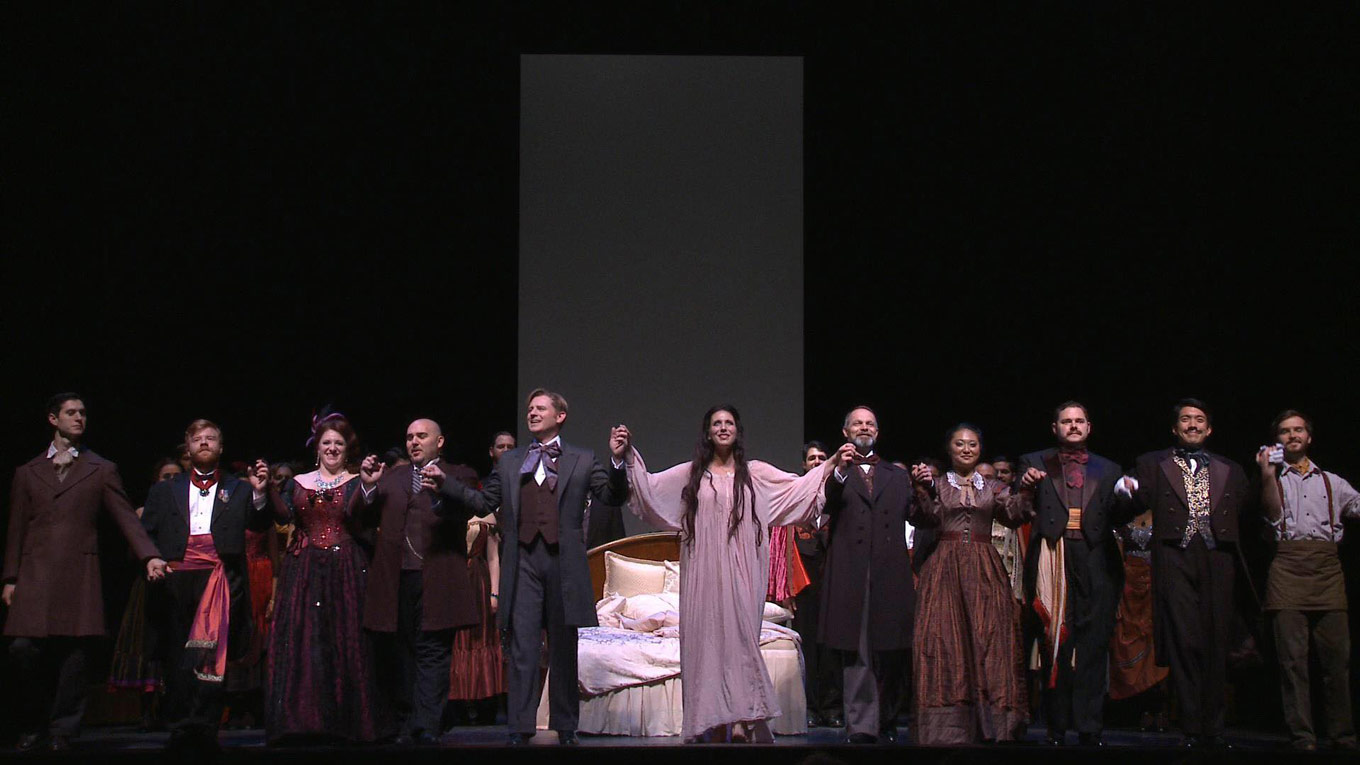
More operatic roles for women: a pledge
Op-edLast week at the National Opera Association conference in New Orleans, I participated in a session about what what producers and composers should know about creating successful operas. Planned with fellow composer Tom Cipullo, I presented our lists of dos and don’ts: Do create a piano vocal score, don’t write too much recitative. Do write arias, don’t orchestrate too heavily. There were twenty bullet points, ten from Tom and ten from me.
Midway through the presentation, I got some spontaneous applause from the group - mostly producers of college and university opera - when I said that I had made an informal pledge to myself never to write another opera that didn’t have at least as many women as men, and indeed, preferably more women than men.
With few exceptions, in most of the classic operas, male roles predominate. The ratios can be three or four to one. Even though Traviata is named after a woman, there are only three female soloists in it. Two in Turandot; same for Bohème, Barber, Lucia, Faust, Tosca, Rigoletto… Even standard repertoire operas with better F/M ratios like Carmen, The Magic Flute, Die Fledermaus, The Flying Dutchman, or Don Giovanni still have more men than women.

Opera plots have traditionally required dramatic, pot-boiling plots, often inspired by history. And murder, mayhem, and power have certainly been male dominated. But moving forward, successful lyric theater stories need not always be centered on these kinds of themes.
Composers, librettists, and commissioning producers, I urge you to make this pledge to yourselves. At least think about it before diving in. We need to write women’s stories and perhaps in a generation or two we will have an opera repertoire that has roles for the many available sopranos and mezzos who would sing their hearts out on our stages, if only there were more opportunities for them.
And, since the audience is actually predominately female as well, maybe opera would even be better off economically as it helps when audiences see themselves reflected on the stage. It’s a win/win.


Comments